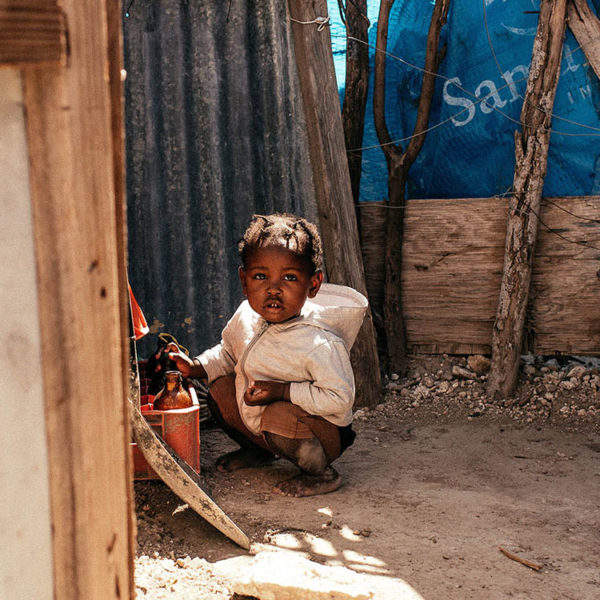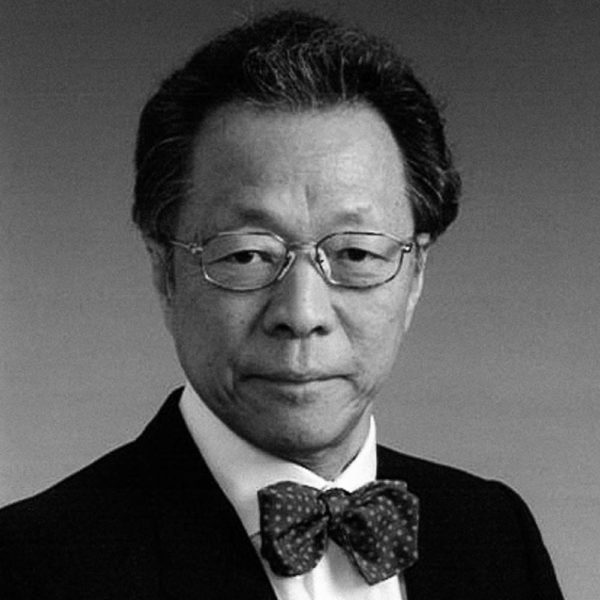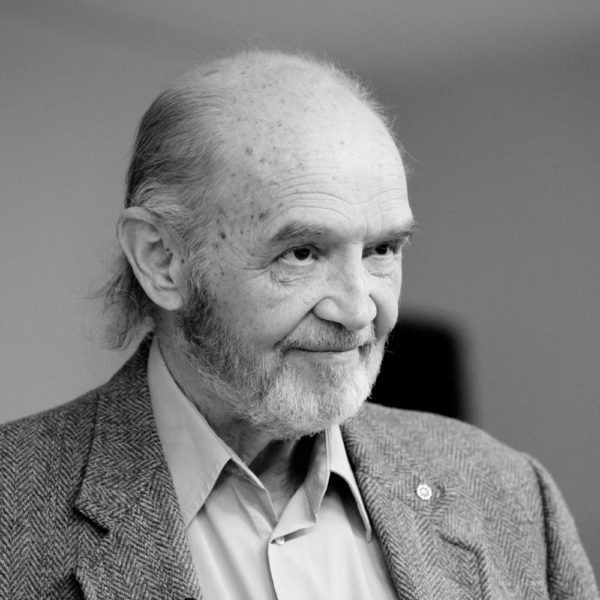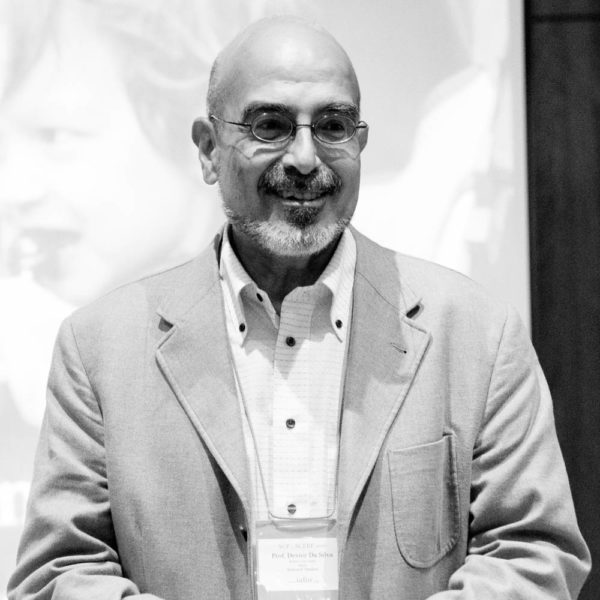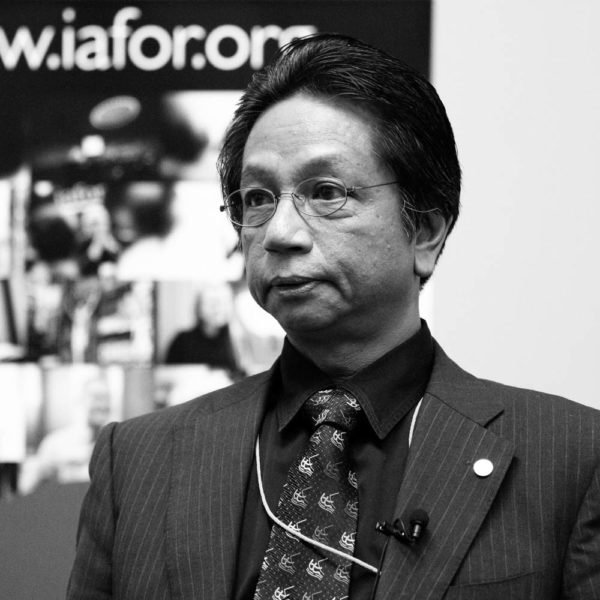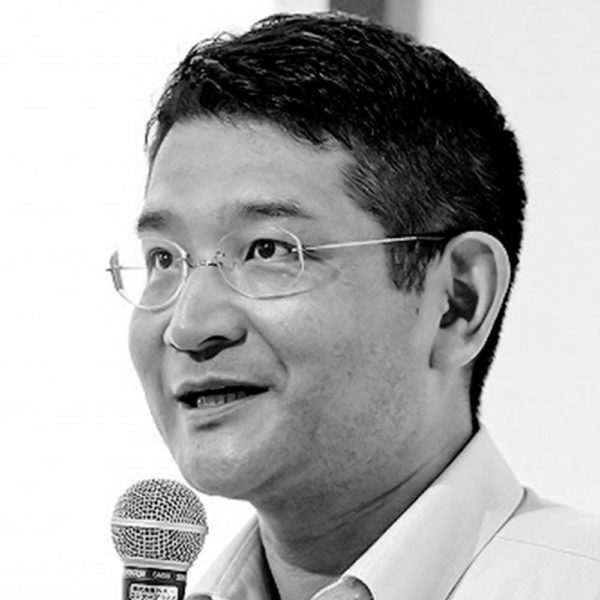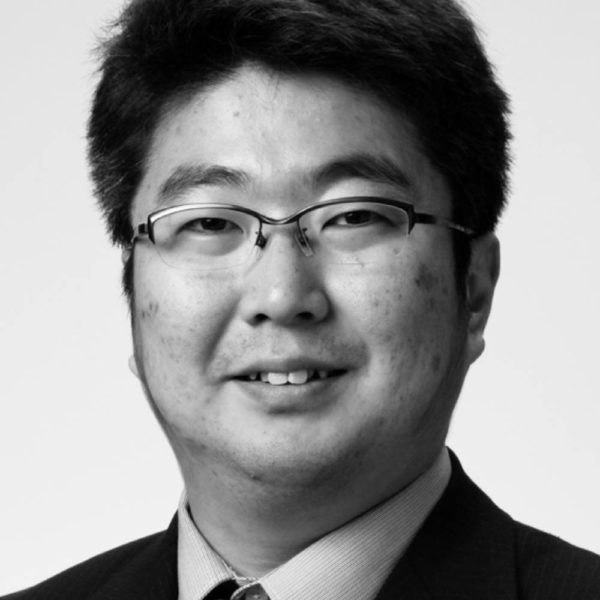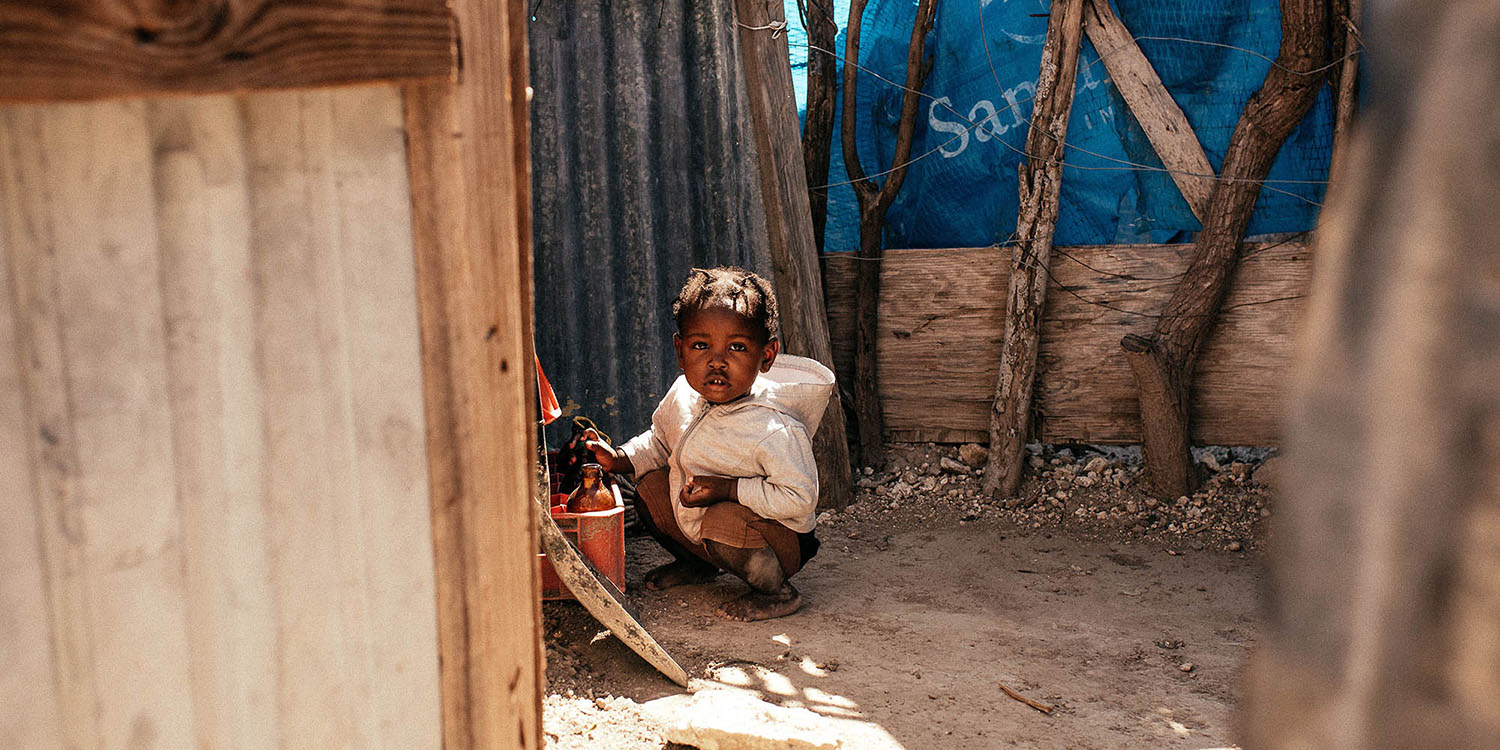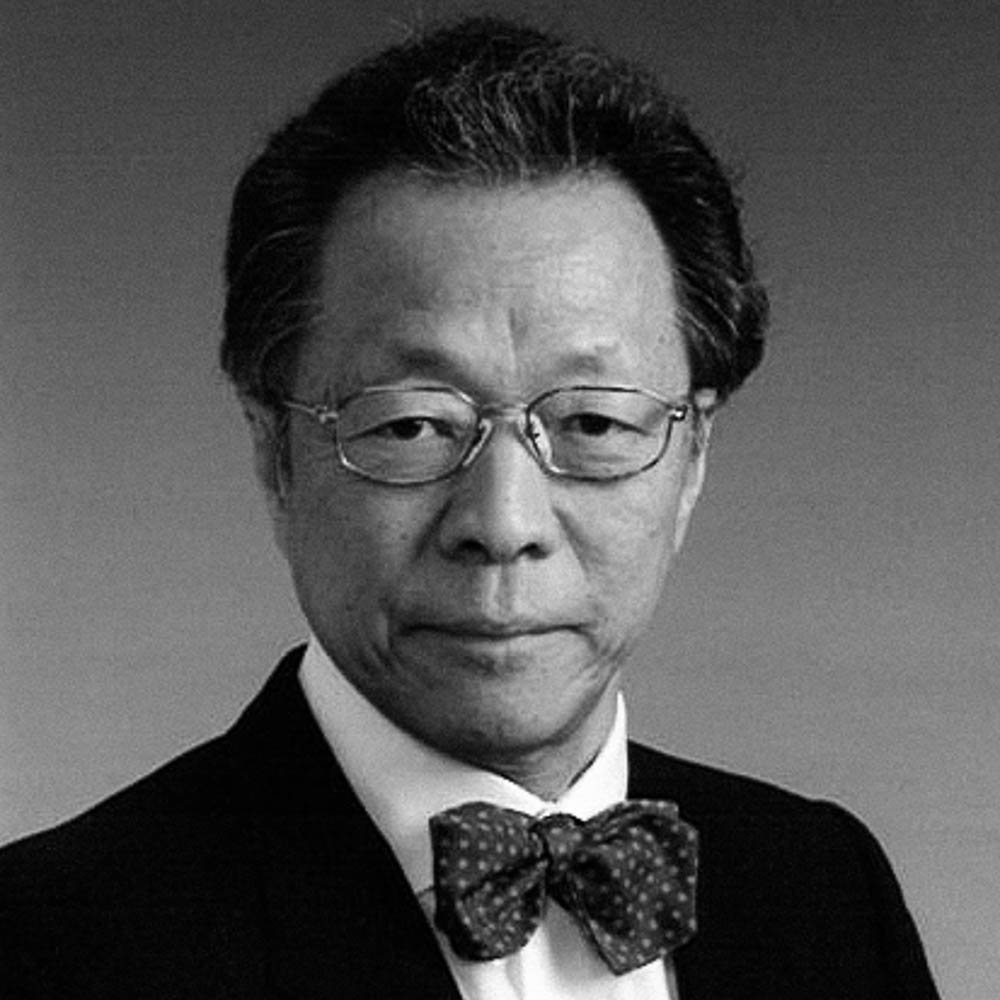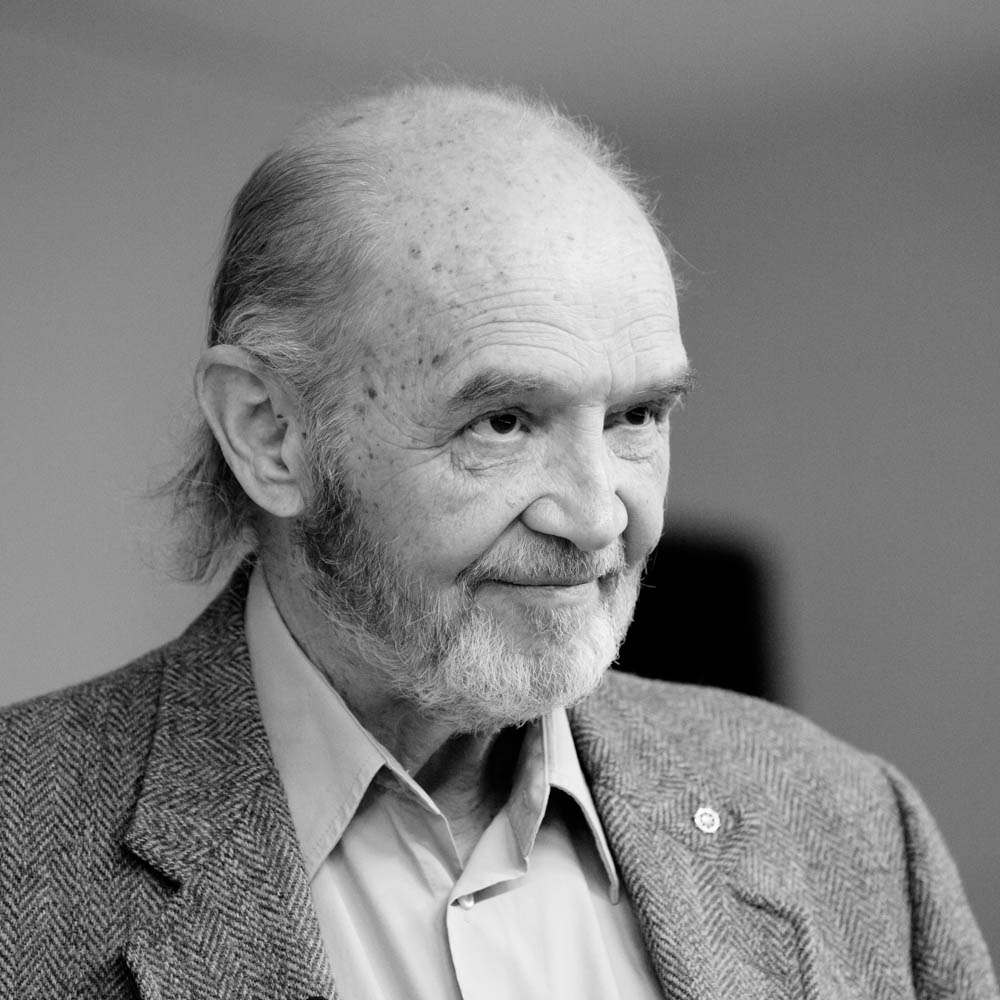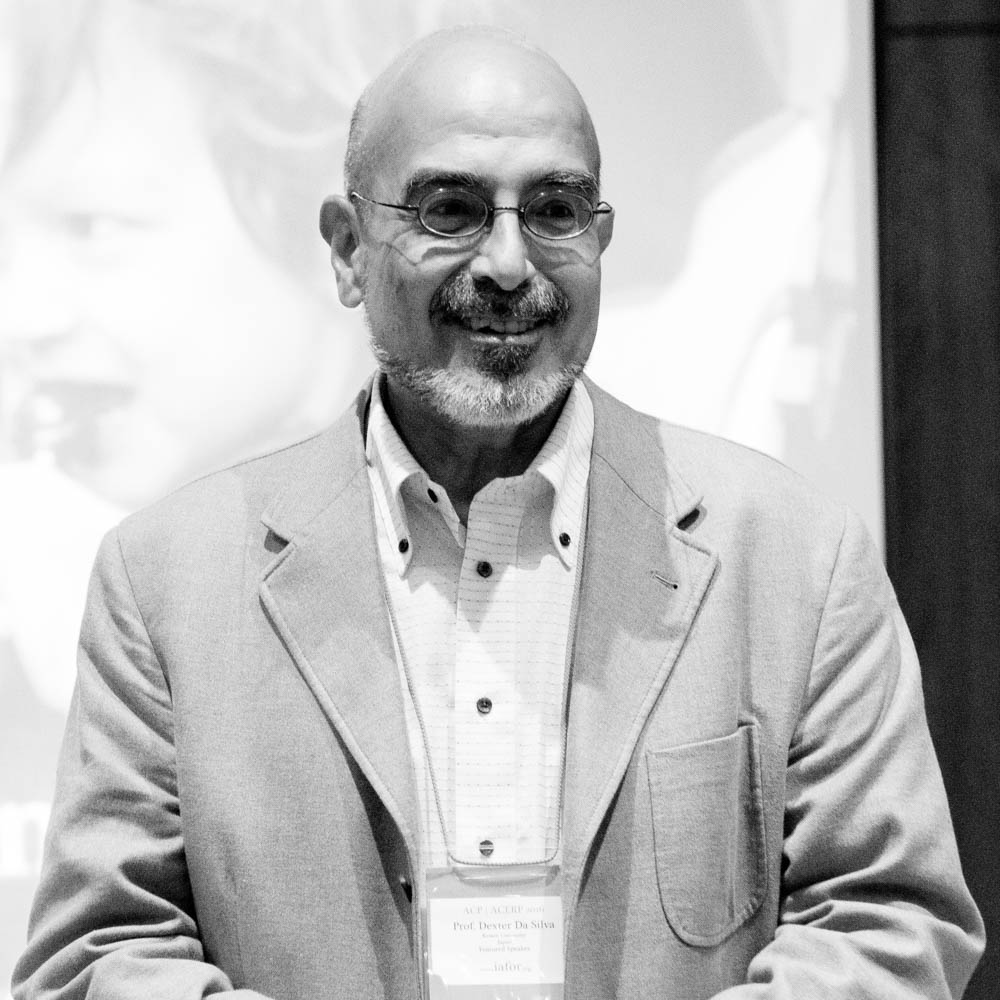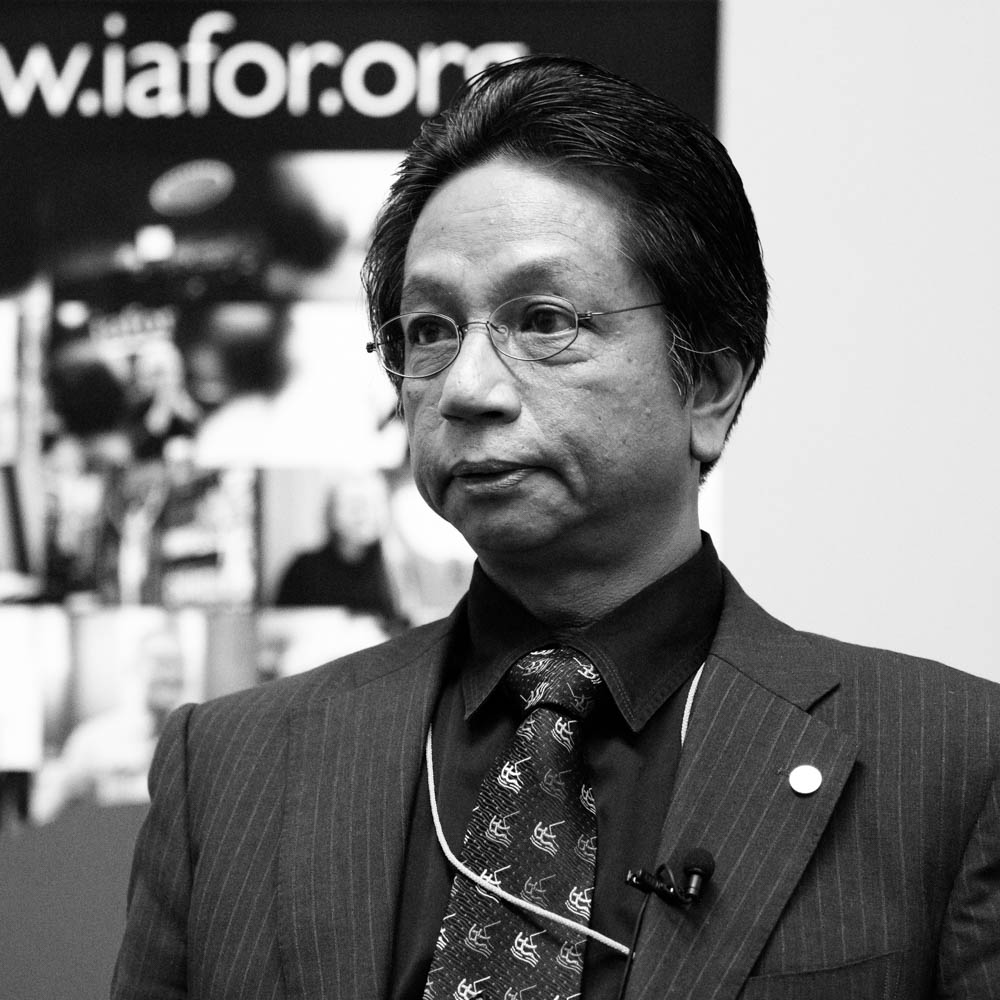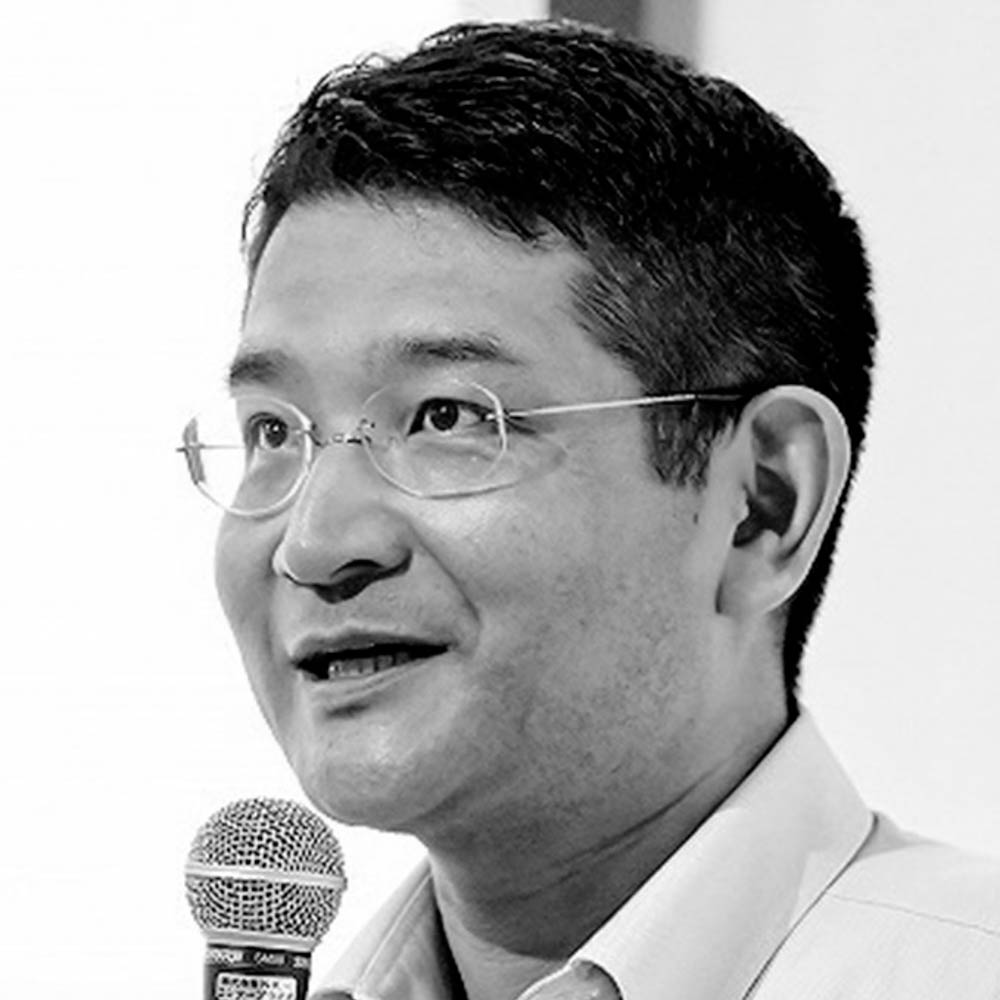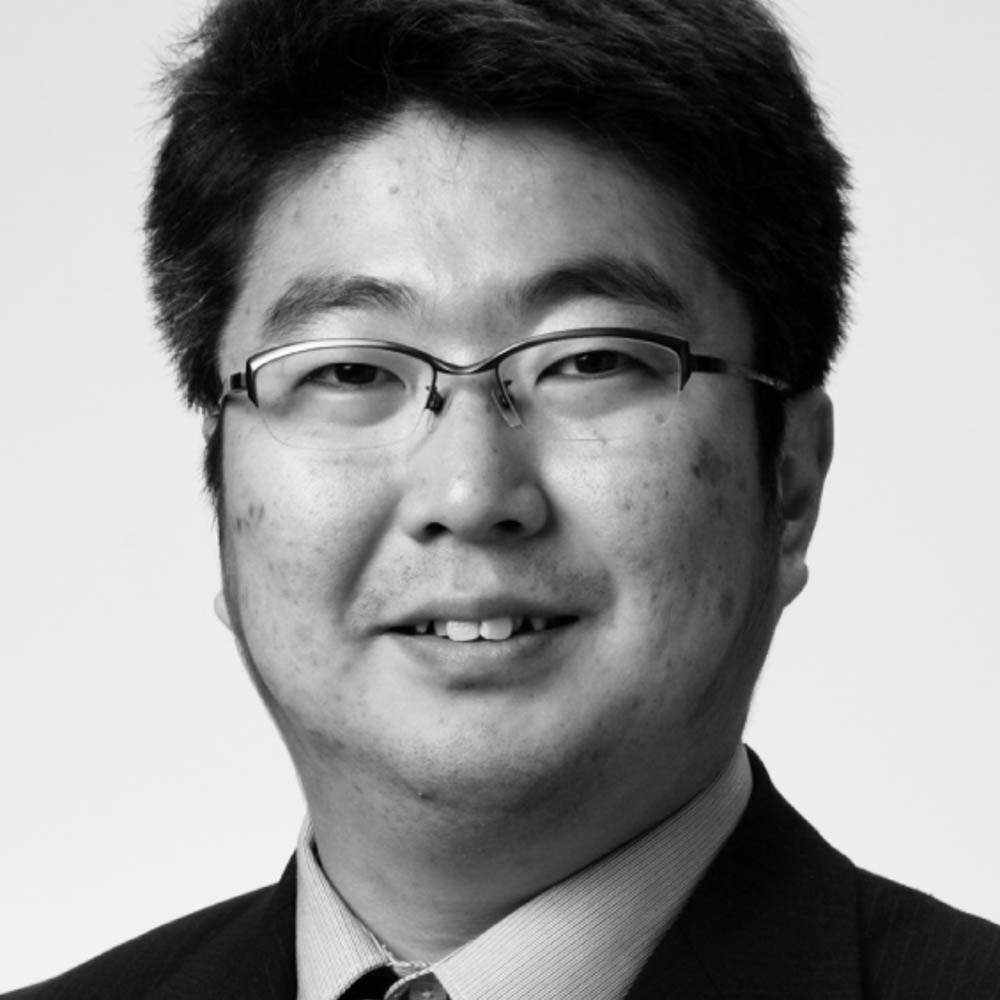
Photographs of The Asian Conference on Ethics, Religion & Philosophy 2017 (ACERP2017) in Kobe, Japan
“Identity” & “History, Story & Narrative”
March 22–25, 2017 | Art Center Kobe, Kobe, Japan
Crises of individual identity include losses and questioning of faith, of concepts of “truth” and “right”, and of ethical and religious societal responses to changing norms in different countries. These questions of identity go right to the heart of what it is to be human.
This conference also asks us to consider the connected notions of history, story and narrative within the context of ethics, religion and philosophy; however, the submission of other topics for consideration is welcome and we also encourage sessions across a variety of interdisciplinary and theoretical perspectives.
Programme
-
Life Changes, Identity Loss and Psychological ProblemsIAAB Presentation: Monty Satiadarma
-
Buddhism and Non-Discrimination: The Rise of Black Buddhist FeminismSpotlight Presentation: Sokthan Yeng
-
Beyond Cuteness: An Emerging Field of the Psychology of “Kawaii”Keynote Presentation: Hiroshi Nittono
-
A Poverty of Hope: Towards a Psychology of Humanitarian SuccessFeatured Presentation: Ronald Mellado Miller
-
Free Speech and Hate Speech – History, Story, NarrativePlenary Panel: Frank S. Ravitch, Colin Jones, Koji Higashikawa & Shiki Tomimasu
-
Battles of Ideas: Identity and AlienationPlenary Panel: Brian Victoria & Dexter Da Silva
-
Adolescent Depression and Identity DevelopmentFeatured Presentation: Keizo Nagao
-
Freedom’s Edge: Balancing Religious Freedom and Equal Access to Facilities and Services for TransexualsFeatured Presentation: Frank S. Ravitch
-
Military Conscription, Slavery and the Modern StateFeatured Presentation: Brian Victoria
-
Perspectives on Natural ReligionFeatured Panel: T. Brian Mooney, Wayne Cristaudo, John N. Williams & Dixon Wong Heung Wah
-
Identity Constructs as Drivers of Persecution and Obstacles to JusticeSpotlight Presentation: David Matas
Speakers
-
Sokthan YengAdelphi University, USA
-
Keizo NagaoNagao Mental-health Clinic, Japan & NHO Sakakibara Hospital, Japan
-
David MatasAuthor & Human Rights Lawyer
-
Thomas Brian MooneyCharles Darwin University, Australia
-
Brian VictoriaOxford Centre for Buddhist Studies, UK
-
Dexter Da SilvaKeisen University, Japan
-
Monty P. SatiadarmaTarumanagara University, Indonesia
-
Frank S. RavitchMichigan State University College of Law, USA
-
Hiroshi NittonoOsaka University, Japan
-
Shiki TomimasuKamogawa Law Office, Japan
-
Koji HigashikawaKanazawa University, Japan
-
Ronald Mellado MillerBrigham Young University – Hawaii, USA
Organising Committee
The Conference Programme Committee is composed of distinguished academics who are experts in their fields. Conference Programme Committee members may also be members of IAFOR's International Academic Board. The Organising Committee is responsible for nominating and vetting Keynote and Featured Speakers; developing the conference programme, including special workshops, panels, targeted sessions, and so forth; event outreach and promotion; recommending and attracting future Conference Programme Committee members; working with IAFOR to select PhD students and early career academics for IAFOR-funded grants and scholarships; and overseeing the reviewing of abstracts submitted to the conference.
Review Committee
- Dr Monty P. Satiadarma, Tarumanagara University, Indonesia
- Professor Abdulaziz Malik, University of Khartoum, Sudan
- Professor Abhishek Goel, Indian Institute of Management Calcutta, India
- Professor Frieda Mangunsong, Universitas Indonesia, Indonesia
- Dr Hui-Wen Chen, Chang Jung Christian University, Taiwan
- Dr Marco Vassallo, Council For Agricultural Research and Economics, Italy
- Dr Miyako Kimura, St. Marianna University School of Medicine, Japan
- Dr Yoshihiko Yamamoto, Shizuoka University, Japan
IAFOR's peer review process, which involves both reciprocal review and the use of Review Committees, is overseen by conference Organising Committee members under the guidance of the Academic Governing Board. Review Committee members are established academics who hold PhDs or other terminal degrees in their fields and who have previous peer review experience.
If you would like to apply to serve on the ACERP2019 Review Committee, please visit our application page.
ACERP2017 Virtual Presentations
The International Academic Forum (IAFOR) is a research organisation, conference organiser and publisher dedicated to encouraging interdisciplinary discussion, facilitating intercultural awareness and promoting international exchange, principally through educational exchange and academic research.
Virtual presentations afford authors the opportunity to present their research to IAFOR’s far-reaching and international online audience, without time restrictions, distractions or the need to travel. Presenters are invited to create a video of their presentation, which is then uploaded to the official IAFOR Vimeo channel and remains online indefinitely. This is a valuable and impactful way of presenting in its own right, but also an alternative means for those delegates who may be unable to travel to the conference due to financial or political restrictions. The same publishing opportunities apply to virtual presenters, with final papers being included in the ACERP Conference Proceedings.
This video archive is best viewed on a desktop computer with a strong Internet connection.Personality Factors Assessing Emotional Intelligence and Creative-Potential as Predictors of Job Satisfaction among Managers in Karachi, Pakistan
Sonia Mairaj Ahmad, Institute of Professional Psychology, Bahria University-Karachi Campus, Pakistan
Zainab Fottowat Zadeh, Institute of Professional Psychology, Bahria University-Karachi Campus, Pakistan
IAFOR Grant & Scholarship Recipients
We are delighted to announce the first recipients of financial support as part of the IAFOR grants and scholarships programme, newly launched for 2017.
Our warmest congratulations go to Wachrapong Foophrateepsiri, Wen-Pin Leow and Ashu Tiwari, who have been selected by the conference Organising Committees to receive grants and scholarships to present their research at The Asian Conference on Psychology & the Behavioral Sciences 2017 and The Asian Conference on Ethics, Religion & Philosophy 2017.
IAFOR’s grants and scholarships programme provides financial support to PhD students and early career academics, with the aim of helping them pursue research excellence and achieve their academic goals through interdisciplinary study and interaction. Awards are based on the appropriateness of the educational opportunity in relation to the applicant’s field of study, financial need, and contributions to their community and to IAFOR’s mission of interdisciplinarity. Scholarships are awarded based on availability of funds from IAFOR and vary with each conference.
The Organising Committee of the relevant IAFOR conference awards scholarships to eligible applicants who have submitted exceptional abstracts that have passed the blind peer review process and have been accepted for presentation at the conference.
Wen-Pin Leow, Singapore Bible College, Singapore
Stuart D. B. Picken Grant & Scholarship Recipient
Wen-Pin Leow is Director of the Centre of Excellence at Singapore Bible College. He is also a Master of Theology candidate at Aberdeen University, UK, researching into the Hebrew Psalter. His current research interests include Hebrew poetry, disability theology and theological education. Wen-Pin graduated from the University of Cambridge, UK, with a BA (Natural Sciences) as a Corpus-Taylor scholar, followed by an MPhil (Comparative Education). He then served in Singapore’s education, defence and industry ministries. After leaving the government, he graduated with a Master of Divinity (Biblical Studies) from Singapore Bible College as valedictorian. He has served in various volunteer advisory and governance positions in Singapore’s youth, education and special needs sectors. Currently, he is the supervisor of a school for children with special needs, and chairs the advisory panel for Singapore’s first fully inclusive preschool.
National Identity and the Story of the Jewish Exile: A Narrative Reading of the Psalms of Ascents
Wen-Pin Leow, Singapore Bible College, Singapore
The seventh- and sixth-century BCE exiles of the northern and southern kingdoms of Israel and Judah by the Assyrians and Babylonians respectively were, identity-wise, a severely dislocating experience. This forced migration, and the sociological turmoil that accompanied it, caused a crisis of national identity as the exiles were forced to confront the apparent collapse of the traditional pillars of the Israelite narrative, such as the loss of their land and the destruction of the poignant symbol of the temple of YHWH in Jerusalem. After Cyrus the Great allowed the Jewish exiles to return to their homeland in the late sixth century BCE, a renewed national narrative needed to be woven in order to make sense of this history of exile. But what tools could be used to weave such a narrative? The general consensus of the scholarly community is that the Psalms of Ascents (Psalms 120–134) are a product of this post-exilic era, demonstrate a high degree of literary unity and exhibit narrativity as a corpus. Building on these features, this paper studies the language of these psalms through a narratival lens to identify interpretative concepts frequently found within the corpus. The relationship between these concepts is then studied to see if and how they contribute to a coherent narratival worldview. The paper concludes that the Psalms of Ascents could have contributed to the shaping of a post-exilic national identity by contributing to the formation of new communal narratives.
Ashu Tiwari, Indian Institute of Management, India
IAFOR Scholarship Recipient
Ashu Tiwari is currently a fellow scholar in business environment at the Indian Institute of Management Rohtak. Before attending IIM Rohtak, she worked as a research assistant at the Jawaharlal Nehru University, New Delhi, India. She has completed her Master of Business Administration and has four years of professional experience in the field of insurance.
Evolution of Insurance and Religious Philosophy: An Exploration
Ashu Tiwari, Indian Institute of Management, India
Venktesh Murthy, Indian Institute of Management, India
Most of the literature available in the domain of the origin and history of insurance starts from 4000 BCE, which is the period of development of the Babylonian civilisation, one of the oldest civilisations in the history of human race. The reason for frequent references to such time periods is that these time horizons have certain archeological evidence. The paper argues that the mechanism of protection is far older than archeological evidence and has its roots in various religions; however, away from economic orientation, they were governed by religious faith for collective survival. The concepts of collectivism, protection, mutual bearing, pooling and temporal diversification of resources are discussed intensively in all religions; however, the process varies in terms of a strict adherence to faith and to social laws of collective survival. The purpose of the present paper is to explore the religious text and related scholarly literature to understand the relative position of various religious texts based on the proximity of forms and philosophies to the four concepts of protection, namely religious insurance, political insurance, mutual insurance and institutional insurance. The study shows that the Vedic texts, the Avast and the Old Testaments are conceptually closer to the concept of religious insurance, while Hindu epics are closer to the concept of political insurance, and the Talmud, the Tripitaka and the New Testament are closer to the concept of mutual insurance. The Quran is peculiar in the sense that it has comprehensive systems resembling institutional insurance but guided by strict religious laws.
Wachrapong Foophrateepsiri, Chulalongkorn University, Thailand
Stuart D. B. Picken Grant & Scholarship Recipient
Wachrapong Foophrateepsiri is currently a postgraduate student of counselling and clinical psychology at the Faculty of Psychology, Chulalongkorn University, Bangkok, Thailand. He earned a bachelor’s degree in industrial engineering from Chulalongkorn University. Later, he became interested in the field of psychology and wanted to become a counselling psychologist. His research interests are in couple relationships, cognitive behavioural therapy and existential-humanistic therapy. Currently, he is doing an internship at the Center for Psychological Wellness Services, Chulalongkorn University, the very first university-based psychological centre in Thailand.
The Relationships Among Couple Bond, Family Responsibility, and Couple Satisfaction in Thai Couples
Wachrapong Foophrateepsiri, Chulalongkorn University, Thailand
Somboon Jarukasemthawee, Chulalongkorn University, Thailand
With the increased number of couple relationship problems within Thailand, it becomes necessary to find ways to enhance these relationships. One such way is to clarify the expectation that the partners have regarding their relationships, or relationship standards. These standards are generally viewed as relevant to two domains: 1) couple bond and 2) family responsibility (Hiew, Halford, Liu, & van de Vijver, 2015). Couple bond involves behavior that facilitates emotional closeness and communicates caring within the couple whereas family responsibility involves representing the partner’s and family’s face and maintaining relationship harmony with the partner's extended family. This research study hence aims to examine how relationship standards are associated with couple satisfaction in Thai couples. How the association is manifested in male and female will be compared. Data was collected in 260 Thai individuals who had been in intimate relationships at least for a year (aged 18–40 years). Participants responded to relevant measures. Multiple Regression Analysis was conducted. Findings suggested that for male participants, couple bond and family responsibility are significantly and positively correlated with couple satisfaction (r=.51, p<.01 and r=.48, p<.01 respectively) and accounted for 26% of the total variance of couple satisfaction (R2=.264, p<.001). In their female counterparts, the two factors significantly and positively correlated with couple satisfaction (r=.32, p.01 and r=.74, p<.01 respectively) and accounted for 10% of its total variance (R2=.104, p<.01). Findings were discussed in terms of research contribution and clinical implication in couple relationship enhancement.
